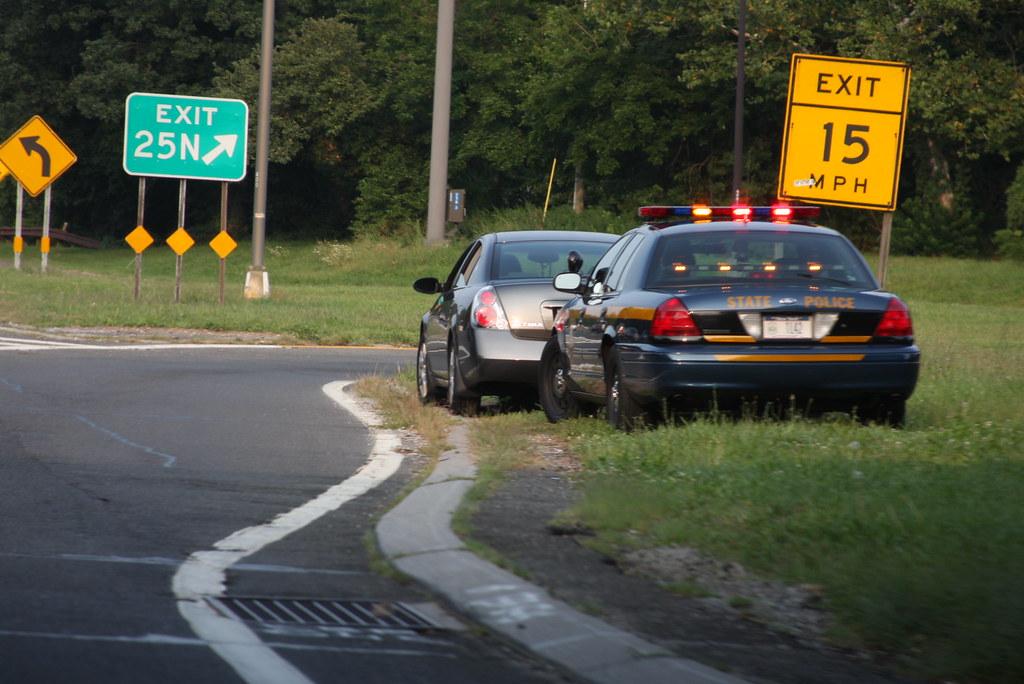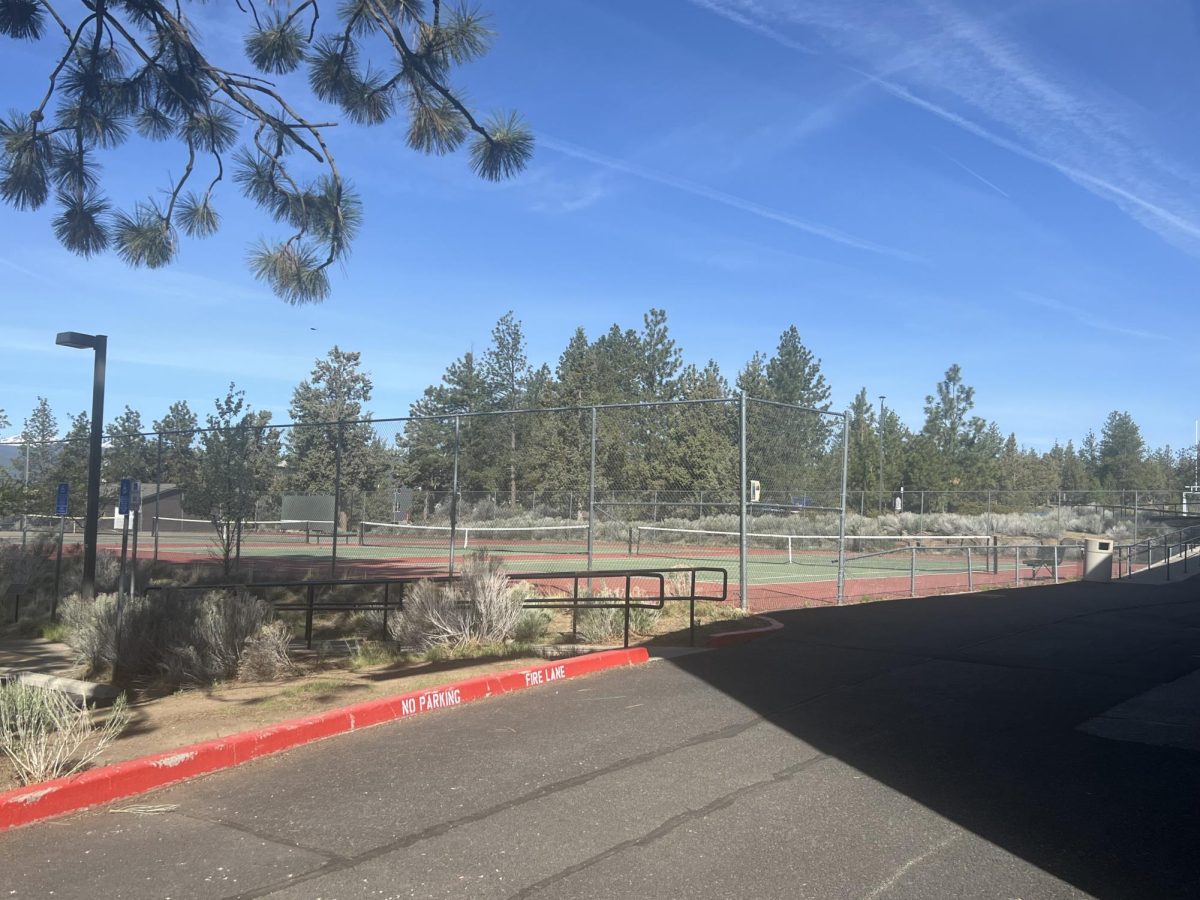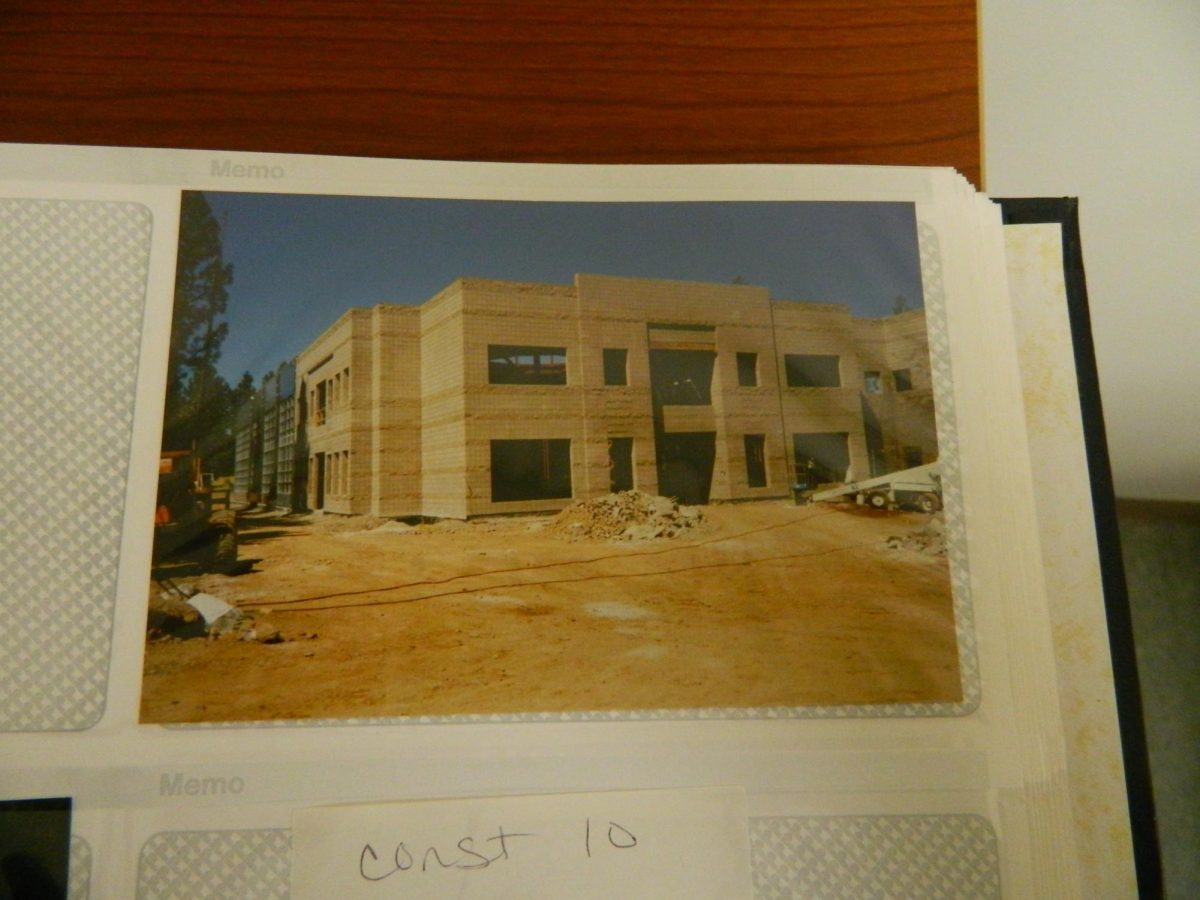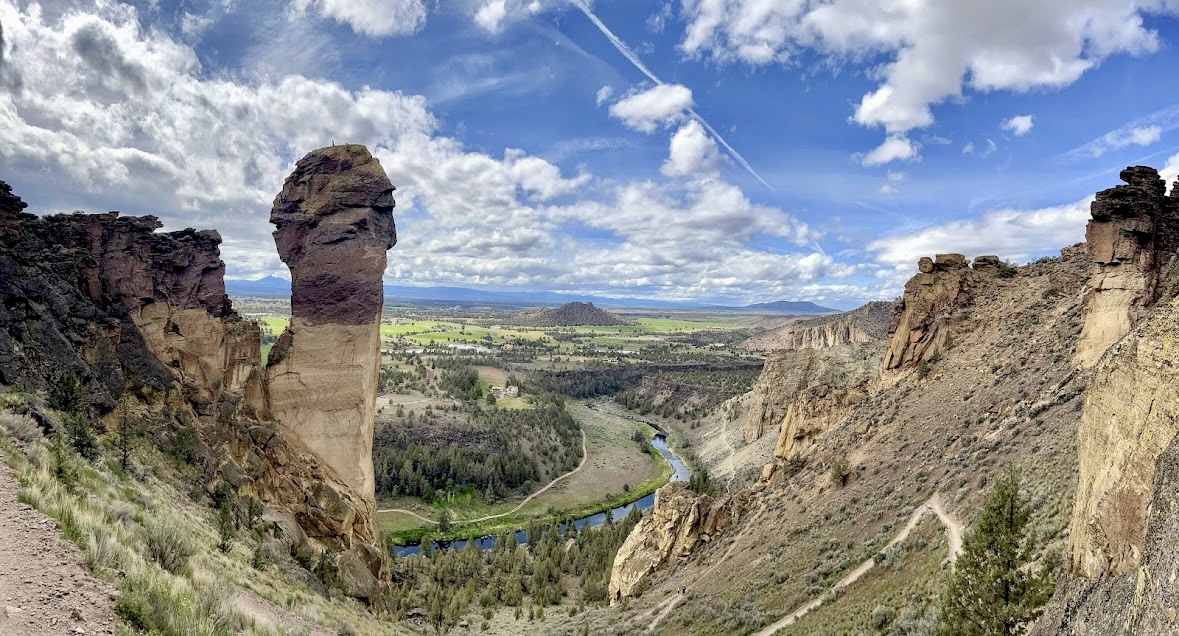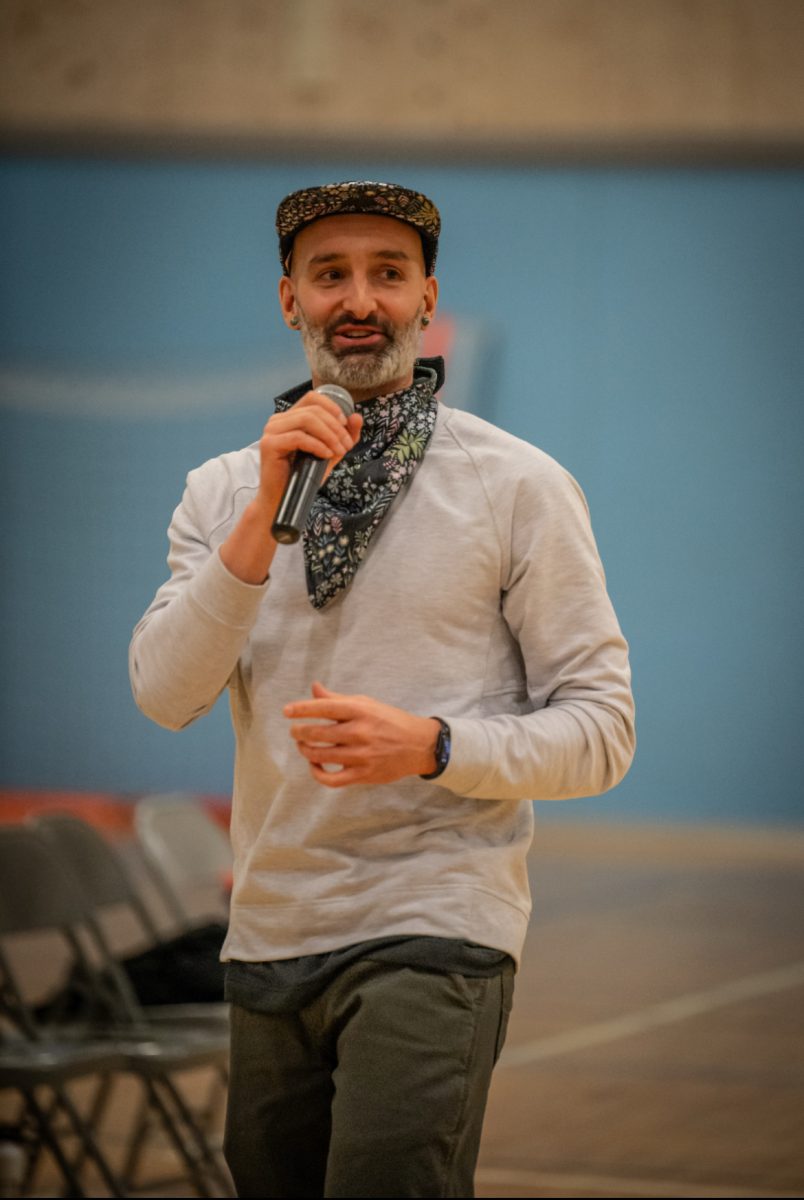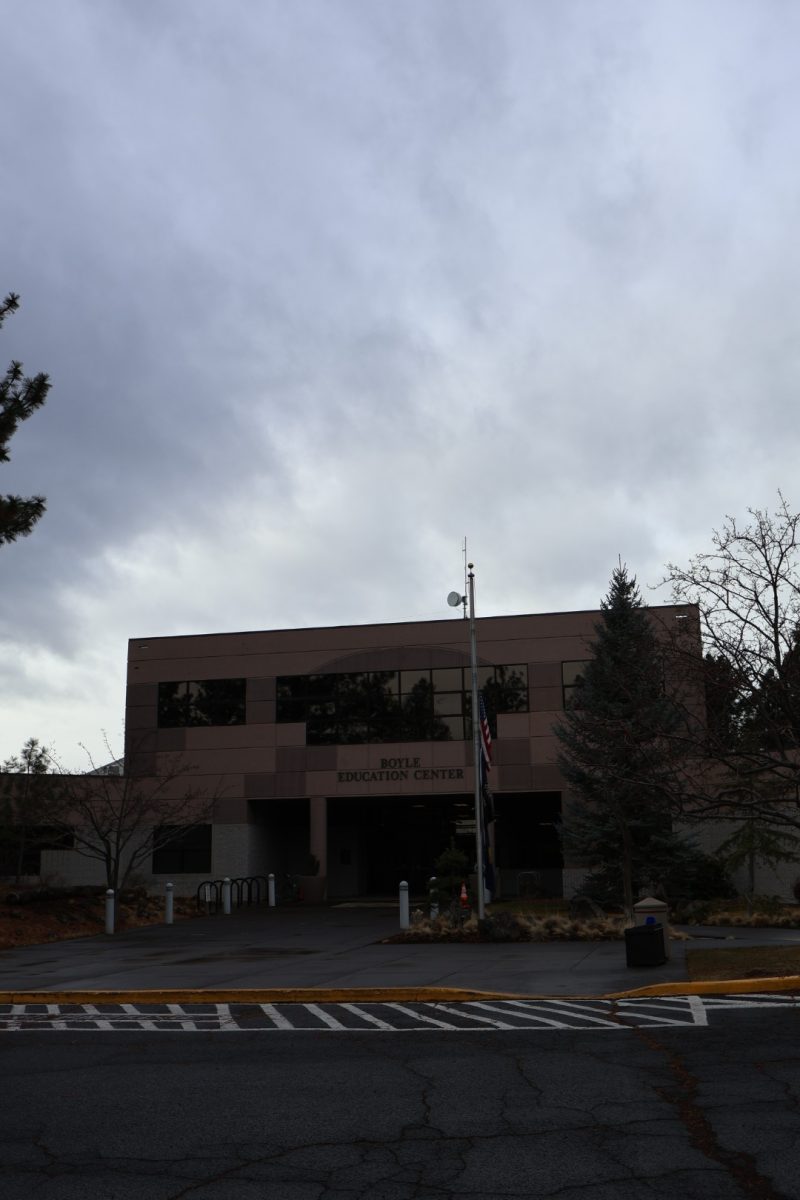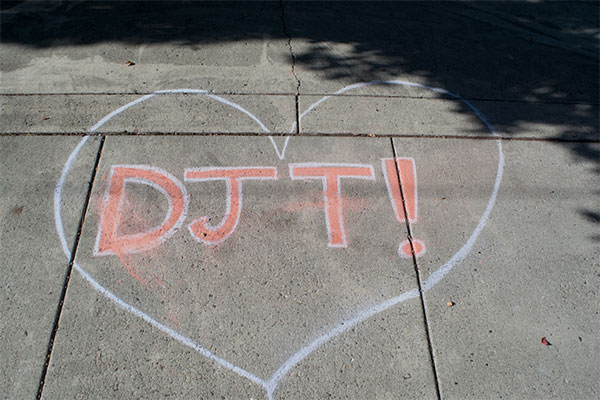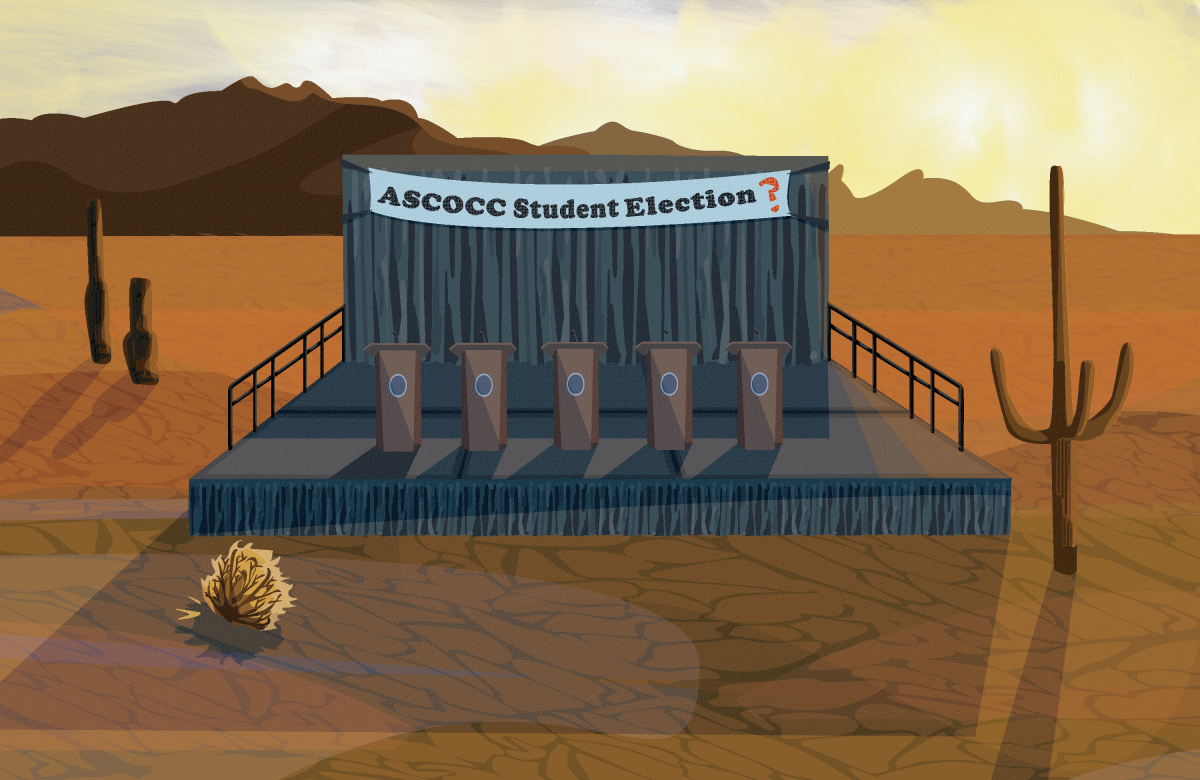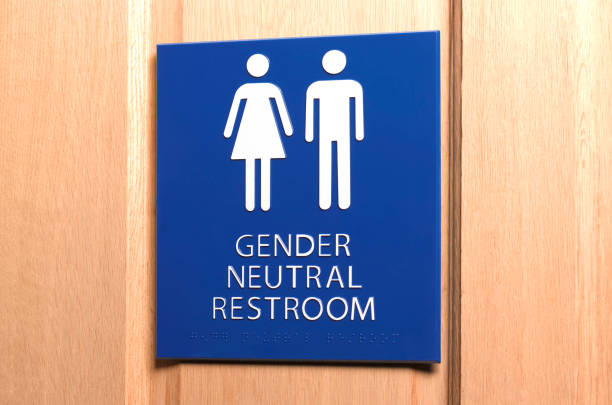On April 11, members of the Afro-Centric Club and others and other guests gathered at Central Oregon Community College to talk about public safety and traffic stops.
Victoria Guthrie, a guest at the meeting, is a rural prevention specialist. She was also a former member of the club and was a Central Oregon Community College student.
“This idea started from conversations between students and others,” Guthrie said. “[the purpose of the gathering] is to create community support and keep civilians and officers safe.”
Lieutenant Clint Burleigh of the Bend Police Department was another guest.
“I’m here after a long-standing relationship with Victoria and Marcus,” Burleigh said. Marcus Legrand is the Afro-centric program coordinator. He is also a former college coach and now teaches human development. While he has done all of this, he serves on the school board and takes care of his two children.
The group consisted of many students, Guthrie, Legrand, Burleigh, Wenson- a COCC public safety officer- and Roxie Supplee, the Criminal Justice Program Coordinator.
Legrand started the event by telling everyone to play a game of rock, paper, and scissors. Then he introduced Guthrie and Burleigh.
“I am here because of the students,” Legrand said.
“Civilian circles like this are hard to find,” one student in the group said.
“I want everyone to feel comfortable talking with a police officer,” Burleigh said.
“I enjoy building relationships,” Guthrie said. “My dream is to have a bridge built between law enforcement and people of color.”
The conversation then turned to more of a Q&A session with Burleigh.
Question: What are you looking for when you are stopping someone?
A: There is a reason for the stop. Everyone needs to be respectful and follow the lawful order. Nothing will be routine, and they have the right to identify who you are.
Q: Do all passengers need to show an ID?
A: No, just the person we are stopping. For example, the driver could be pulled over because the passenger is not wearing a seatbelt. The passenger is the one who will be required to present identification.
Q: What are everyday things officers do to abuse a situation? What are our rights if this happens? Can you record what is happening?
A: The officer is uneducated, leading to many wrong choices. If you feel the need to record, it’s your right. If the officer doesn’t understand that, it’s up to you to decide if it’s worth it. I want you to be able to communicate if something happens and bring the problems to the organization or call the lieutenant.
Q: How do you train officers better?
A: Give the department more money so that everyone can learn more. My department is solid.
Q: How do you react to a situation at the moment? For example, A bystander thinks they see someone with a gun. The bystander then goes and tells an officer.
A: We look into it and clear it with our information.
Q: Do you want help from the community if something is going on?
A: There is not a lot you can do. You don’t want to amp up the situation, but you can always be a witness.
Q: What type of training does the Bend Police Department get?
A: They get 16 to 18 weeks with a training officer, and we always try to teach them to be honest about successes and failures.
After asking the questions, Legrand asked why students wanted to go forward. Students responded, saying they wanted to speak with police officers with different views. They also requested that more officers with different perspectives come so that they could all break into groups and have smaller discussions.


